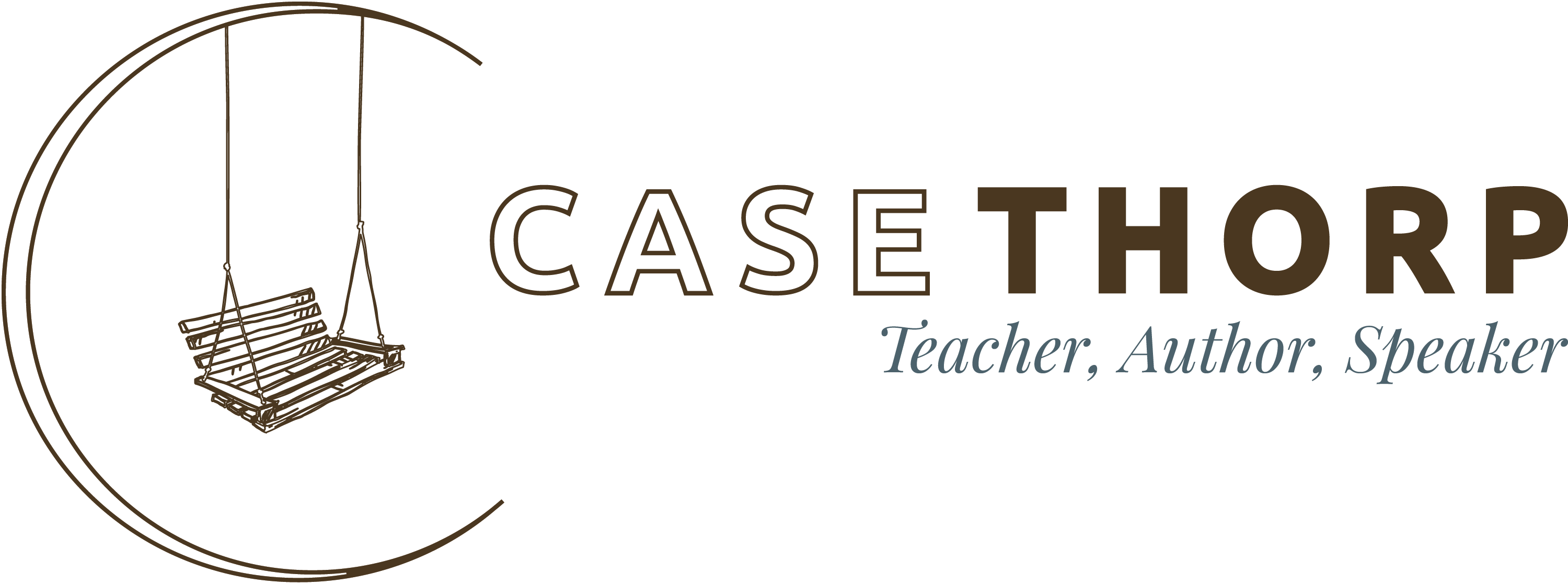In the debate over the FBI’s order for Apple to unlock Syed Farook’s iPhone, one hears two distinct starting points.
One school is suspicious of evil corporations. Corporations using their deep pockets and nation-state jumping to avoid being accountable, paying taxes and protecting their shareholders’ profits put the common good at risk. Our cultural zeitgeists include Enron, Lehman Brothers, and Volkswagen.
A second school in this debate oogles over the potential of technology, and seek to protect the best curator of technological advancement ever known. Apple, as evidenced by its $18 billion profit last year, has cornered the smartphone market and developed a content delivery ecosystem with not mere fans, but passionate followers. I own a number of Apple products and count myself among them.
Realized by few, both corporations and the advanced technology we experience today are direct products of Christian faith. A Christian must ask themselves how can corporations be purely evil and technology compete for the hope offered the world in Christ?
Recently deceased Professor of Public Life at Princeton Theological Seminary, Max Stackhouse, articulates the role of the Church in medieval Europe that led to both the formation of the corporation and the rapid acceleration of technology we enjoy today.
Stackhouse’s research shows that in every culture prior to the modern corporation, there had only been two centers of social organization: the family and the regime.Out of these two spheres of society all other institutions came to be: schools, hospitals, military, religion, etc. In pre-Christian cultures religious expression is either seen in institutions to honor the hearth spirits of the family (Confucianism, paganism) or the political regime’s spirits that reinforced their authority (Roman/Greek cults, fertility cults).
Yet, Christians paved the way for a third social center. Stackhouse writes, “The church was distinct from the household, with its hearth spirits, and distinct from the state, with its civic cult. People joined the church irrespective of birth, citizenship, or the economic status determine by these factors. In the church, members lived under a covenanted discipline that was to pervade all aspects of life, in a community dedicated to a transformed world.”
The Church showed both the family and political regimes that a third gathering of non-related people from various parts of society could indeed come together for a common purpose. The corporation was born.
Stackhouse continues, “…technological development came to be seen [by the Church] as a human potentiality that, properly cultivated, could help us reclaim the wisdom and virtue God had implanted in each human with the gift of his image.”
In the medieval church, celebrations were held in worship and in the academy over “the mechanical arts” being developed by monks, priests, early scientists and professors. The Christian’s investment and advancement of the mechanical arts glorified God. He writes, “Humanity, indeed, had a duty to seek progress.”
The Renaissance would soon be the seedbed from which advanced technology transformed the world and humanity’s experience of it unlike ever seen in history.
Apple is a corporation, and one of the best lauded by our culture for its creativity, innovation, profitability, and impact on our daily lives. As well, Apple is the premiere craftsman of technology that impacts nearly every aspect of our daily lives. Is Apple so evil the FBI must tame her under the law? Is Apple the hope of the future and therefore fighting the good fight for greater life-saving technology yet to come?
And yet, Christian faith also teaches about sin. Corporations and technology may be vehicles that makes our lives enjoyable today, and yet sinful people and sinful structures pervade them each. Likewise, technology saves me from the risk of Malaria, but produces numerous touch-screens that distract me from quality time with my family.
The key is not to be encapsulated by either school’s debate over Apple and the FBI. Have a reasoned opinion, and advocate for it, surely. Yet, Christian faith says neither misplace your hope for the world, or your condemnation of large entities beyond yourself. Christ is the hope of the world, not technology. God is sovereign, and bigger than any corporation.
Dr. Case Thorp is the Senior Associate Pastor at First Presbyterian Church of Orlando.
